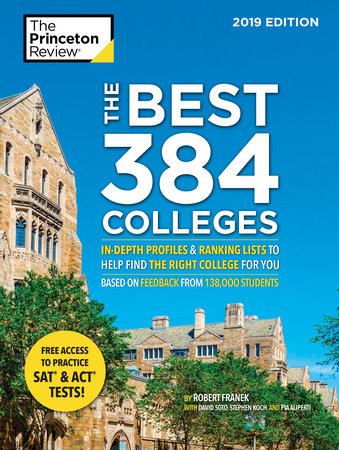 The Princeton Review recently published the latest edition of The Best 384 Colleges. The guide ranks these colleges in a number of categories including best dormitories, best food, and most beautiful campuses.
The Princeton Review recently published the latest edition of The Best 384 Colleges. The guide ranks these colleges in a number of categories including best dormitories, best food, and most beautiful campuses.
The guide also rates the nation’s best colleges on race and class interaction. The Princeton Review surveyed students as to how strongly they agreed that different types of students interact frequently and easily at their schools.
Providence College in Rhode Island was rated as having the least race/class interaction. African Americans are just 4 percent of the undergraduate student body at Providence College. Colgate University in Hamilton, New York, was ranked second and Quinnipiac University in Hamden, Connecticut, was ranked third.
Franklin and Marshall College in Lancaster, Pennsylvania, the University of Tennessee-Knoxville, Montana Tech, Colby College in Maine, Bucknell University in Pennsylvania, the University of Richmond in Virginia, and the University of Colorado-Boulder round out the list of the 10 schools where there is the least race/class interaction.
Surprisingly, Amherst College in Massachusetts, which routinely finishes atop the rankings of the JBHE annual survey of Black students at the nation’s leading liberal arts colleges, was 11th on the list of schools with little race/class interaction.

